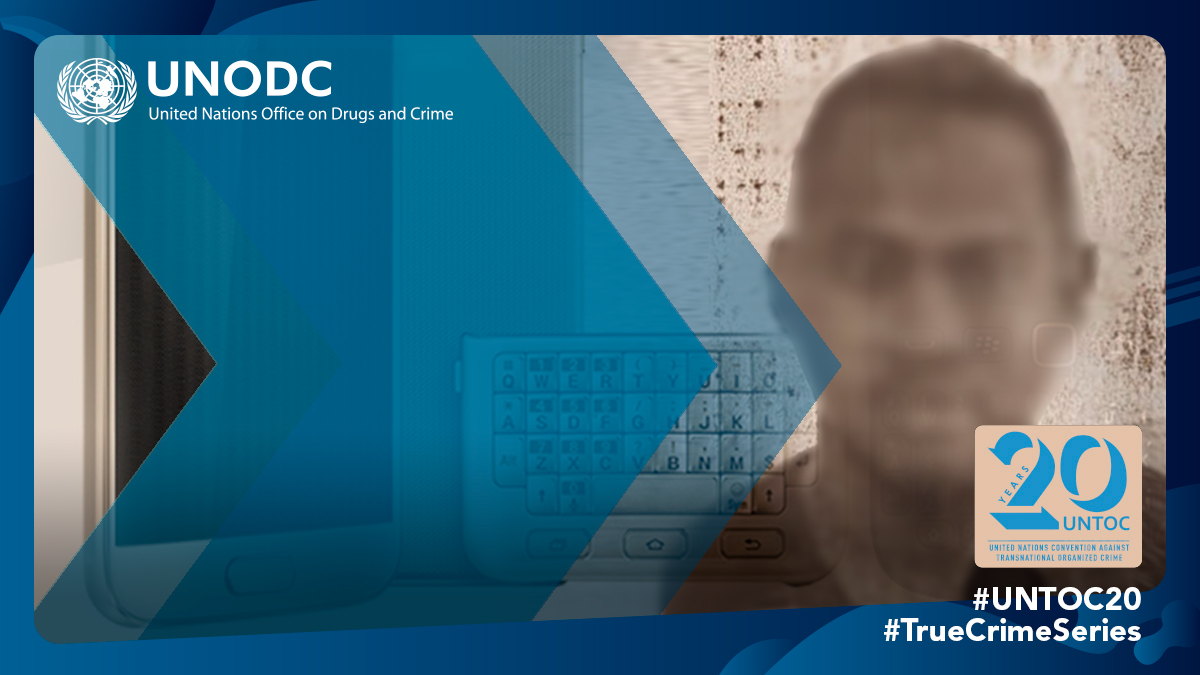
Vincent Ramos was a cyber genius and the CEO of Vancouver-based company, Canada. Visionary, he could have had a brilliant career in the tech industry. Instead, he decided to work for criminals, helping them to “go dark” and avoid law enforcement.
Mr Ramos ran a company called Phantom Secure that was selling custom, modified BlackBerry mobile phones and operated an encrypted network that allowed its devices to send and receive encrypted messages. Mr Ramos advertised Phantom Secure’s products as impervious to decryption, wiretapping or legal third-party records requests. Criminal organisations used those smartphones to facilitate the distribution of wholesale quantities of cocaine, heroin and methamphetamines throughout the world, including the United States, Australia, Mexico, Canada, Thailand and Europe.
Among others, Ramos’ clients included the Sinaloa drug cartel of Mexico, a global drug-trafficking and illicit gambling organisation runed by Owen Hanson, now serving a 21 years prison sentence. It also included the Hells Angels in Australia, who used the phones to coordinate several killings.
According to the FBI, the operation generated “tens of millions of dollars” by “facilitating the crimes of transnational criminal organisations and protecting those organisations from detection”.
At the time of Mr Ramos’ arrest in February 2018, it was estimated that there were more than 20,000 Phantom Secure devices in use worldwide. US authorities estimated that Phantom Secure generated tens of millions of dollars in revenue through the provision of its services. It also suspected that Phantom Secure laundered the proceeds of its devices and services sales through several shell companies. Phantom Secure also used Bitcoin and other cryptocurrencies to launder its earnings.
Mr Ramos pleaded guilty to the charge of racketeering conspiracy and the US agreed to dismiss the charge of conspiracy to distribute narcotics. He was eventually sentenced to 9 years of imprisonment, had to forfeit USD80 million as proceeds of crime and was seized various assets.
Mr Ramos’s case is significant because it was the first time the US prosecuted and convicted an executive of a company for knowingly providing transnational criminal organisations with encrypted infrastructure to conduct the international importation and distribution of narcotics.
The case of Phantom Secure also shows how organised criminal groups are adapting to use improved forms of technology to communicate and elude detection and apprehension, as well as the challenges law enforcement face when investigating and prosecuting increasingly sophisticated organised criminal groups.